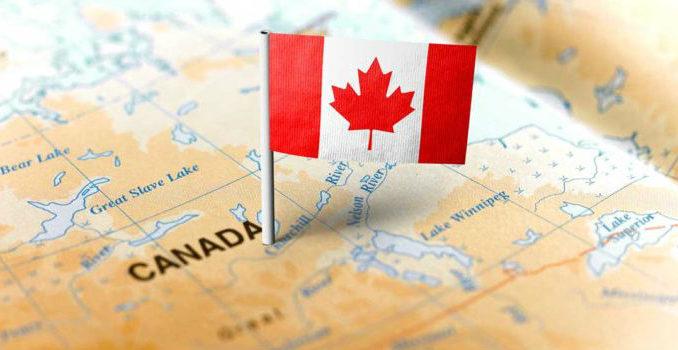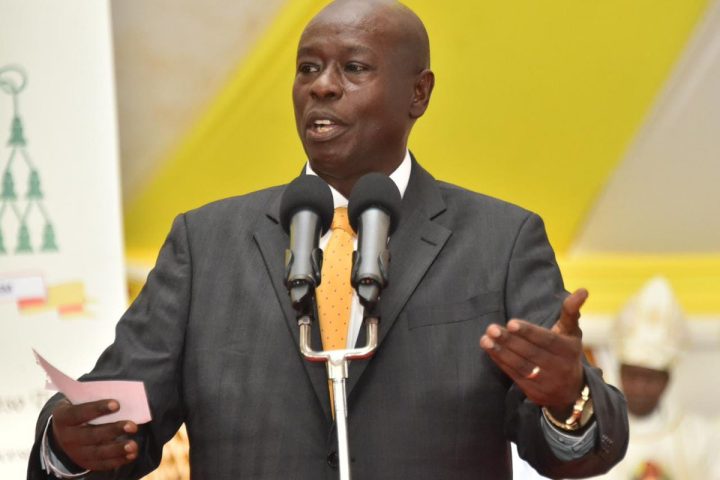The aftermath of the post COVID-19 pandemic reveals one of the highest labour shortage in Canada, requiring absorption of over one million migrant job seekers from around the world, including Nigeria to fill the vacancies in different sectors of the country’s economy.
This was confirmed in a recent report of the Canadian labour force statistics which attributed the current shortage to post pandemic activities in the country’s economy coupled with a decline in birthrate and an ageing populace.
It is noted that the country just recovered from the global health emergency. Its Gross Domestic Product (GDP) now exceeding pre-pandemic times and a 115 per cent of jobs lost during the pandemic have returned, CANADIM.com reads.
Further more, statistics shows that Canada has granted permanent residence to 35,260 immigrants from across the world in January 2022 alone. This was done to influence over 400,000 immigrants for the second straight year under its immigrant’s level plan 2022-2024. In 2021, 15,000 Nigerians were reported to have migrated to Canada with permanent residency status.
Notably as of march 2022, more than one million vacant job positions were available to be filled as businesses begin to recover from the COVID Pandemic.
READ ALSO:Shift Towards Domestic Tourism A Game Changer In Post-Covid-19 Recovery – Wayne Godwin
The Canadian government and her employers believe skilled immigrants are major key in revamping, sustaining and skyrocketing her economic growth by helping fill the vacant gaps. An online website identified as CANADIM describing issue said “immigration more important now than ever.”
The Canadian government in grand style is employing different three strategic platforms and methods in sourcing for the recruitment of immigrants.
These are the strategies as recorded in CANADIM.com an online website based in Canada. Making it easier to stay and work in Canada.
To make it easier for international students to remain and work in Canada, report say the government will extend post-graduation work permits.
This will allow recent graduates whose permits have expired or are expiring this year to extend their status for an additional 18 months.
With all-program Express Entry draws being paused since September 2021, many international graduates worried their status would expire before becoming eligible to apply for permanent residency. Extending the status of PGWP holders will allow these students to continue gaining Canadian work experience. Graduates can then use this Canadian work experience toward a future permanent residence application.
Canada also extended a public policy allowing visitors to apply for an employer-specific work permit without leaving the country. This will allow individuals seeking employment to stay on valid visitor status in Canada until they receive a closed work permit. The government initially introduced this policy during the pandemic in 2020 and has extended it until February 2023.
Resuming all-program Express Entry draws
Express Entry is one of the most popular programs to attract skilled immigrants to Canada. The Canadian government will be resuming all-program Express Entry draws this July.
Prior to the pandemic, Canada held all-program draws approximately every two weeks. Due to a backlog accumulating during the pandemic, the government paused these draws in September 2021.
As the result of a significantly reduced application inventory, Canada is able to resume all-program Express Entry draws in July. The processing time of these applications will also return to the service-standard of six months.
Canada may also be changing the way they invite candidates from the Express Entry pool in the next all-program draw. The Canadian government is currently in the process of passing Bill C-19. The bill would allow the immigration minister more control over who is invited in Express Entry draws.
Instead of issuing invitations solely based on a points system, the minister would select candidates based on their ability to meet the country’s economic goals. This means the next all-program Express Entry draw could target a group of occupations, among other factors. This may also result in a lower CRS cut-off than would have otherwise been required in a general draw.
Lowering tuition for international students.
The Quebec government recently announced that they would be lowering tuition for eligible international students. In hopes of attracting more international students, Quebec will be cutting tuition fees for certain international students from about $20,000 to $3,000 CAD per year.
This move will make it more accessible for some prospective students to study in Canada and enter the labour market after graduating. Upon completing studies at a Designated Learning Institute (DLI), international students may apply for a post-graduation work permit which allows them to work anywhere in Canada.

















Follow Us